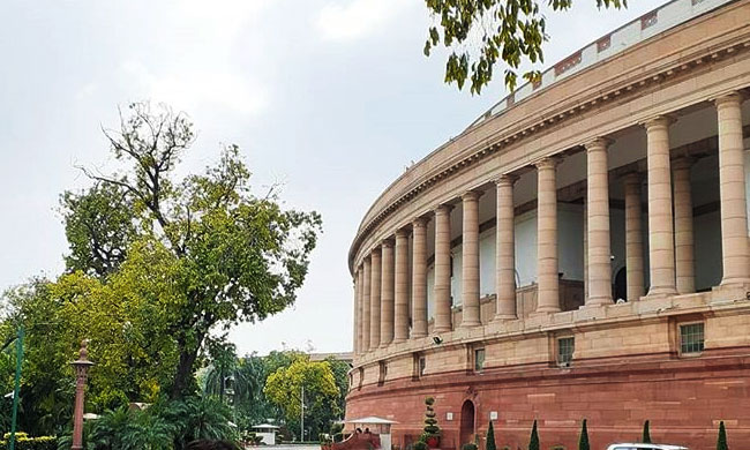Parliament Passes Bill To Declare Two Food Technology Institutes As Institutions Of National Importance
LIVELAW NEWS NETWORK
26 July 2021 4:45 PM IST

Next Story
26 July 2021 4:45 PM IST
The Lok Sabha today passed the National Institutes of Food Technology, Entrepreneurship and Management Bill, 2021, to declare certain institutes of food technology, entrepreneurship, and management as institutions of national importance. These institutes are: the National Institute of Food Technology Entrepreneurship and Management, Kundli the Indian Institute...
